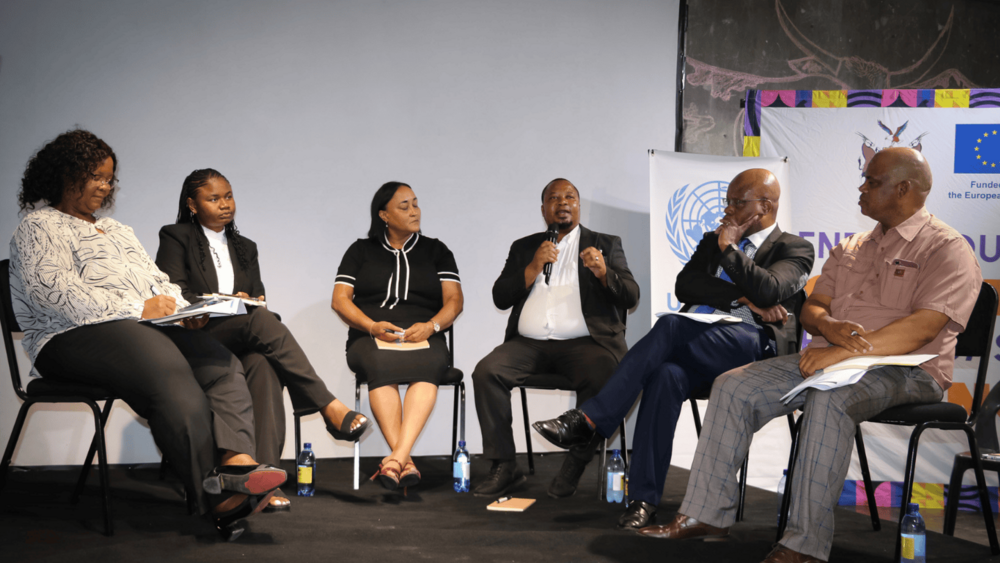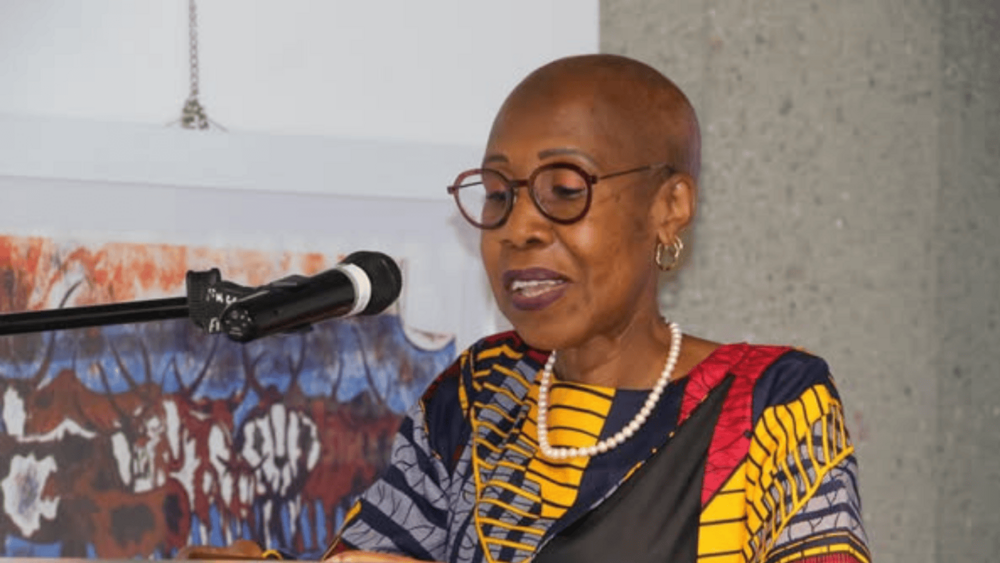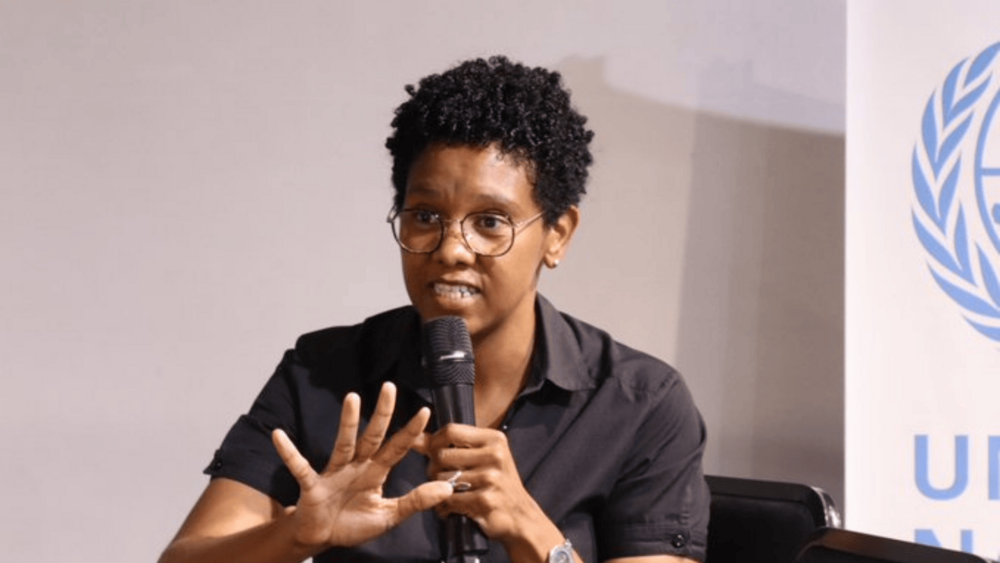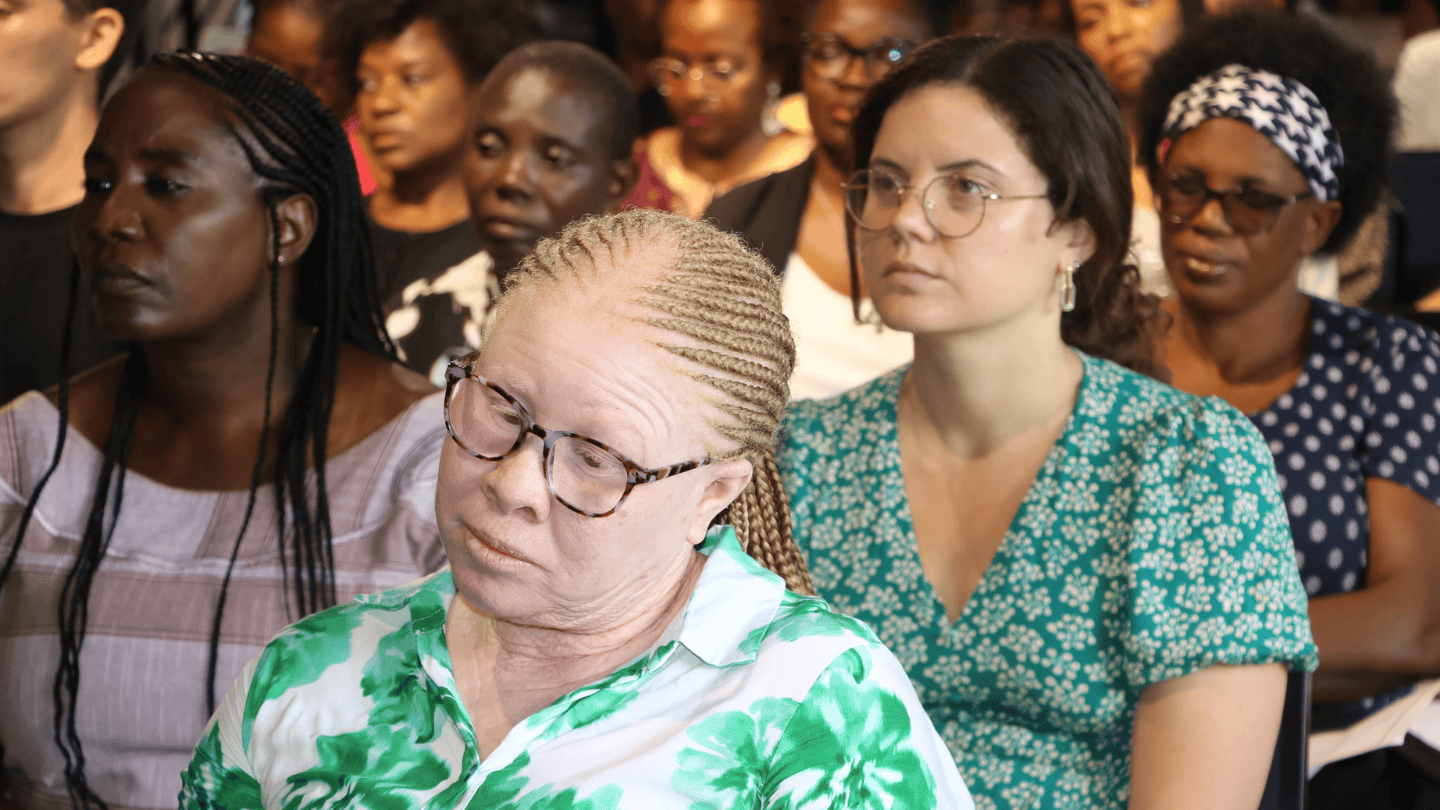
WINDHOEK, Namibia - In commemoration of International Women’s Day, the United Nations Namibia Gender Theme Group, in collaboration with the Delegation of the European Union in Namibia, Franco Namibian Cultural Centre, and the University of Namibia (UNAM), hosted a timely panel discussion on the recently enacted Dissolution of Marriages Act, 2024, on 10 March 2025.
This new legislation, the Dissolution of Marriages Act, 2024, introduces a key change to Namibia's legal framework concerning divorce and related matters. It is anticipated to modernize family law by introducing changes to areas such as the grounds for divorce, the division of marital property, spousal maintenance, and the welfare of children. The Act aims to address potential inequalities within the previous legal structures and ensure a more equitable and just process for those seeking to dissolve their marriages.
The panel discussion brought together policymakers, legal experts, service providers, and activists to assess the potential contributions of this new law to gender equality and women’s rights in Namibia. Dr. Immaculate Mogotsi, Senior Researcher and Gender Specialist at UNAM, moderated the discussion.

Implemeting this law is not only a step toward more equitable family law but also an opportunity to ensure all Namibians have access to a legal system that upholds their rights and dignity.
UN Namibia Resident Coordinator, Ms. Hopolang Phororo, delivered welcome remarks, stressing the significance of the reform. She noted that "implementing this law is not only a step toward more equitable family law but also an opportunity to ensure all Namibians have access to a legal system that upholds their rights and dignity." Ms. Phororo further emphasized the relevance of the discussion to the UN's 2025-2029 Cooperation Framework, particularly Outcome 1 on “Effective Governance and Public Service Delivery,” which outlines the UN's intent to support Namibia in enhancing the capacity of Government and groups at risk of being left behind. She stated that "today’s discussion is particularly significant for the United Nations within this context."
Ms. Phororo highlighted the opportunity the discussion provided "to explore the role of different stakeholders – civil society organizations, religious institutions, academia, traditional authorities, legal experts, and the UN – to ensure that the law is not only understood but also applied equitably and effectively." She encouraged "more of such dialogues" and expressed the UN's delight in co-convening the event with FNCC, while also appreciating the facilitator, panelists for their valuable contributions, and all participants for their attendance.

Ms. Felicity !Owoses, Chief of the Directorate of Legislative Drafting at the Ministry of Justice, then made a presentation about the new law, highlighting its key provisions and implications.
Support for this panel discussion was provided by the European Union under the EU/UNFPA (United Nations Population Fund) Gender Equality/Combatting Gender-Based Violence Project. This four-year project, currently in its second year of implementation, seeks to enhance coordination and service provision mechanisms, engage communities in preventing and responding to GBV, and improve data systems to inform evidence-based policies and programming. The United Nations Namibia Gender Theme Group is led by UNFPA .


